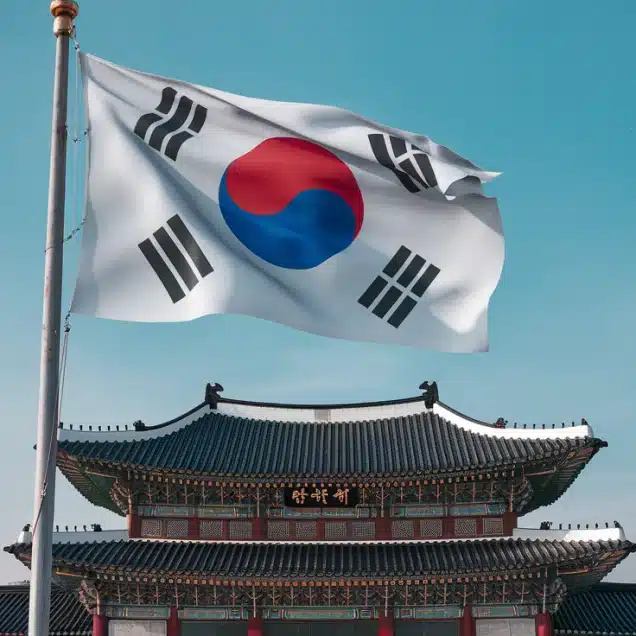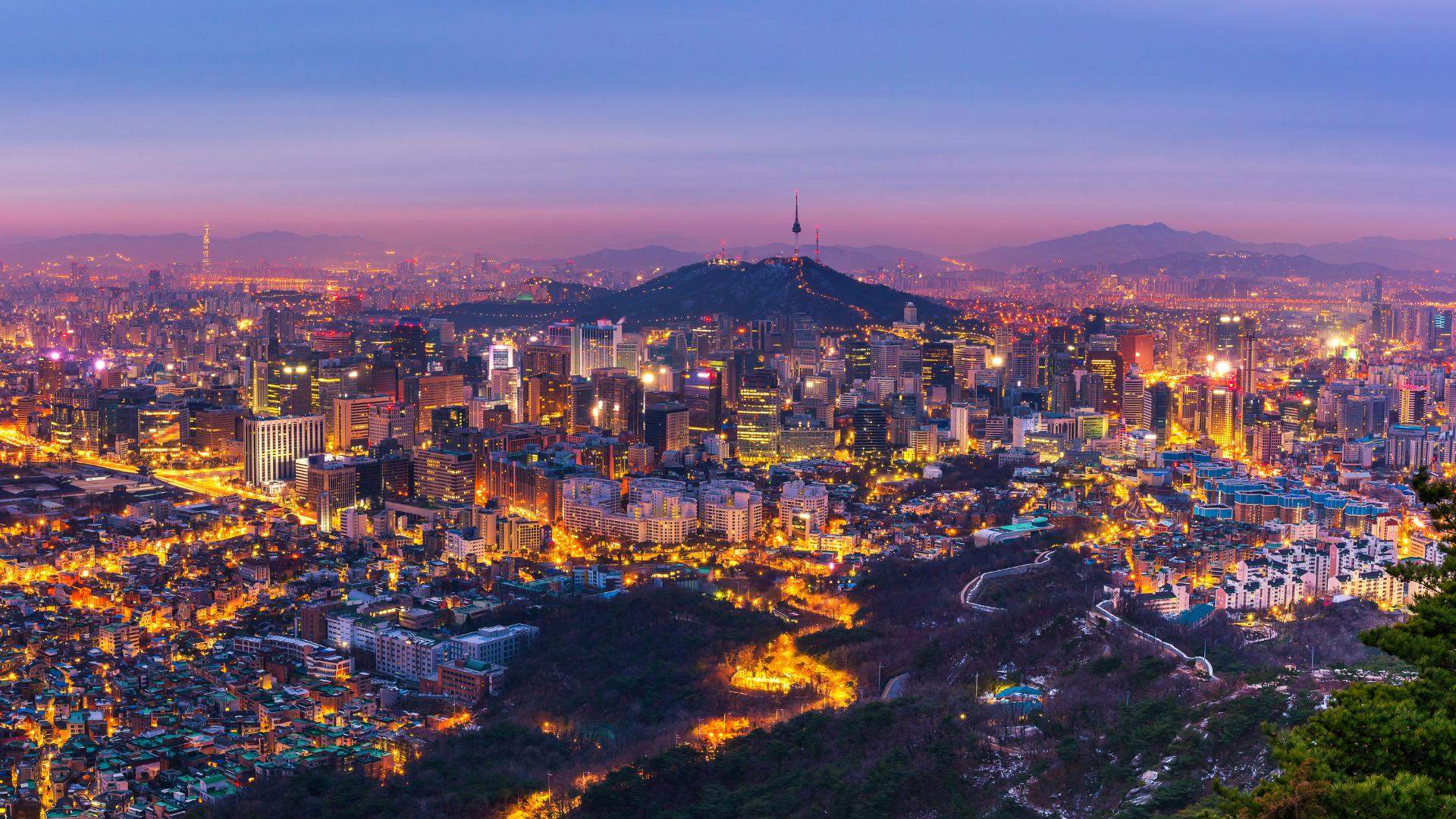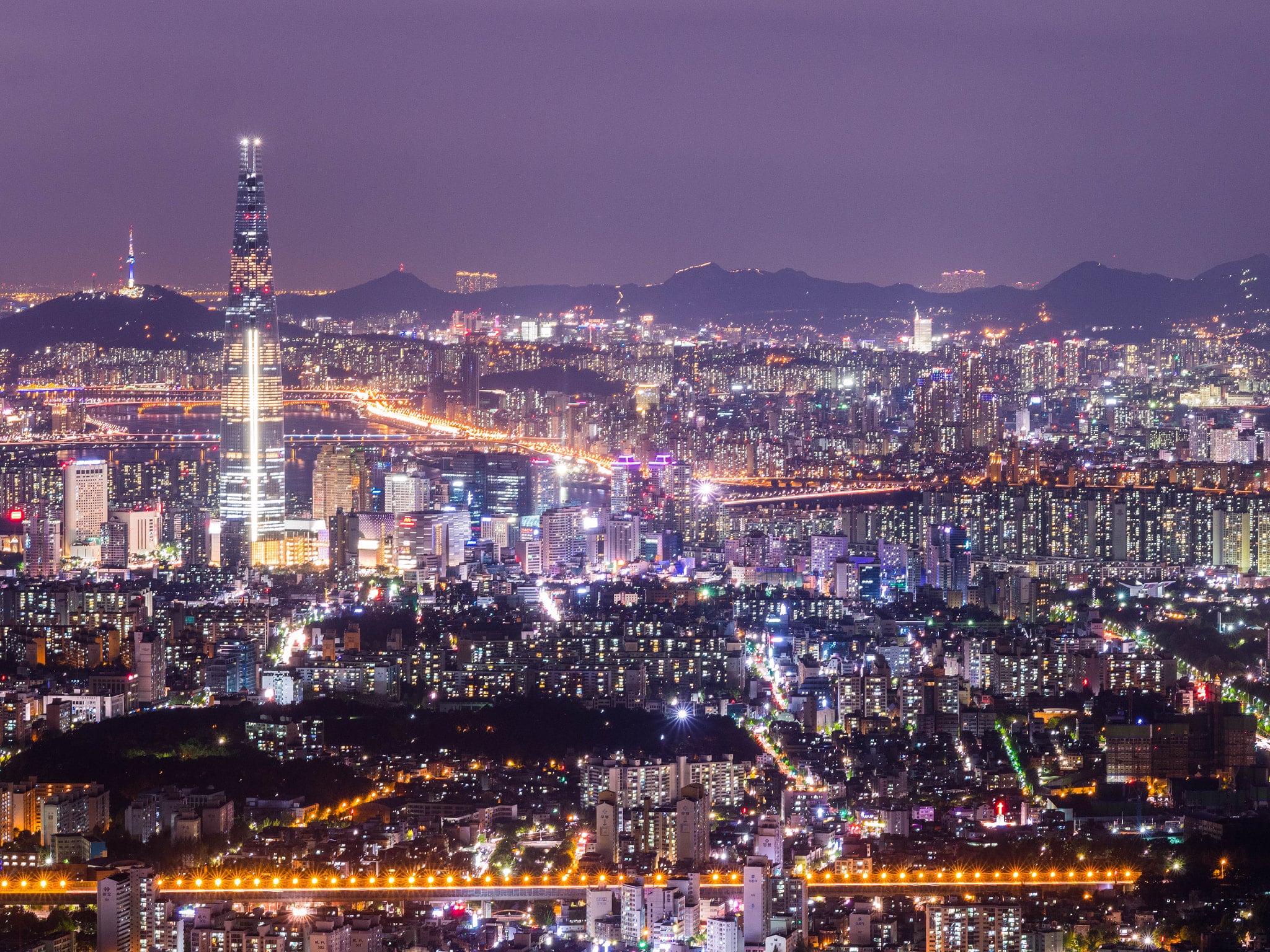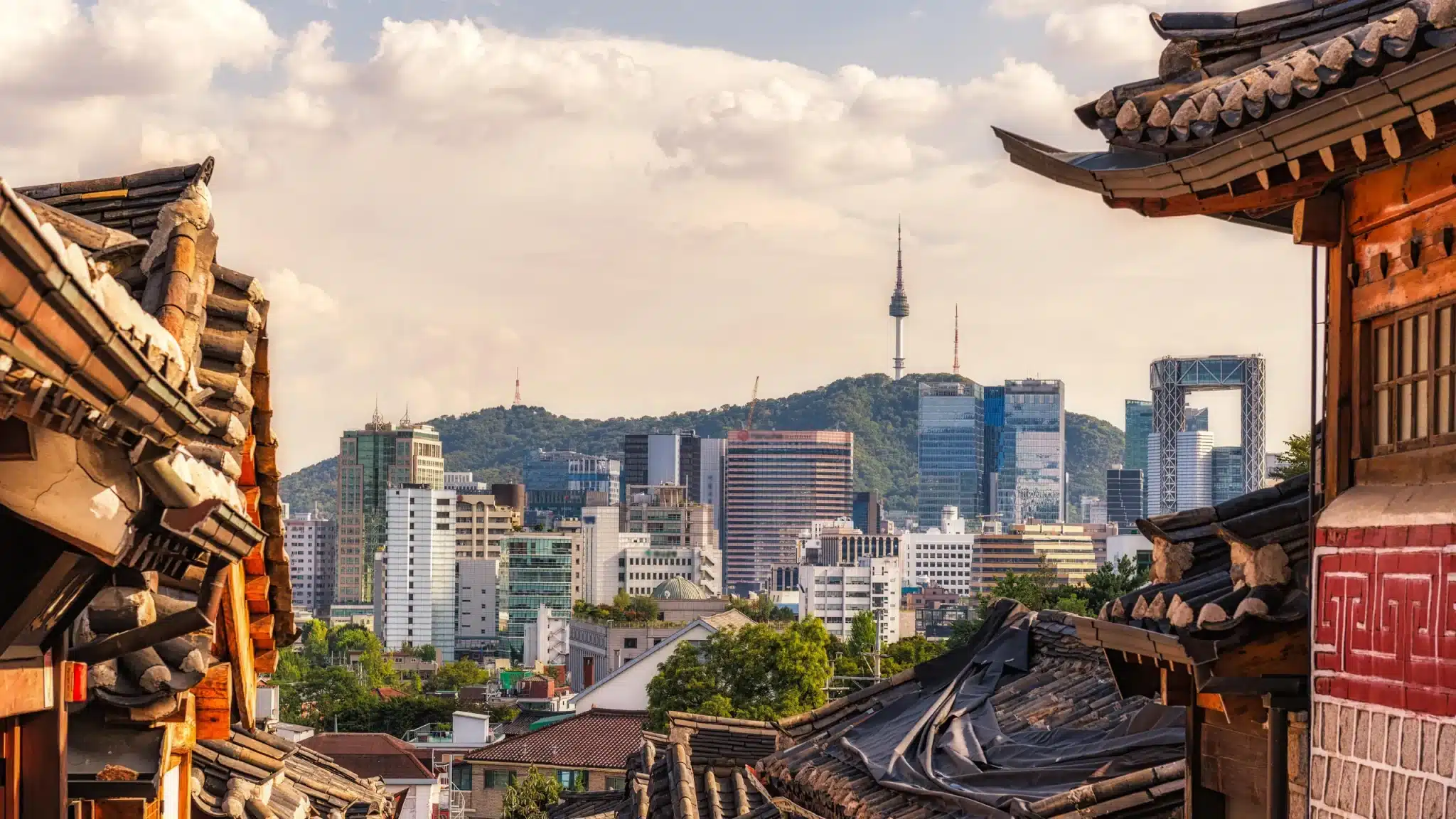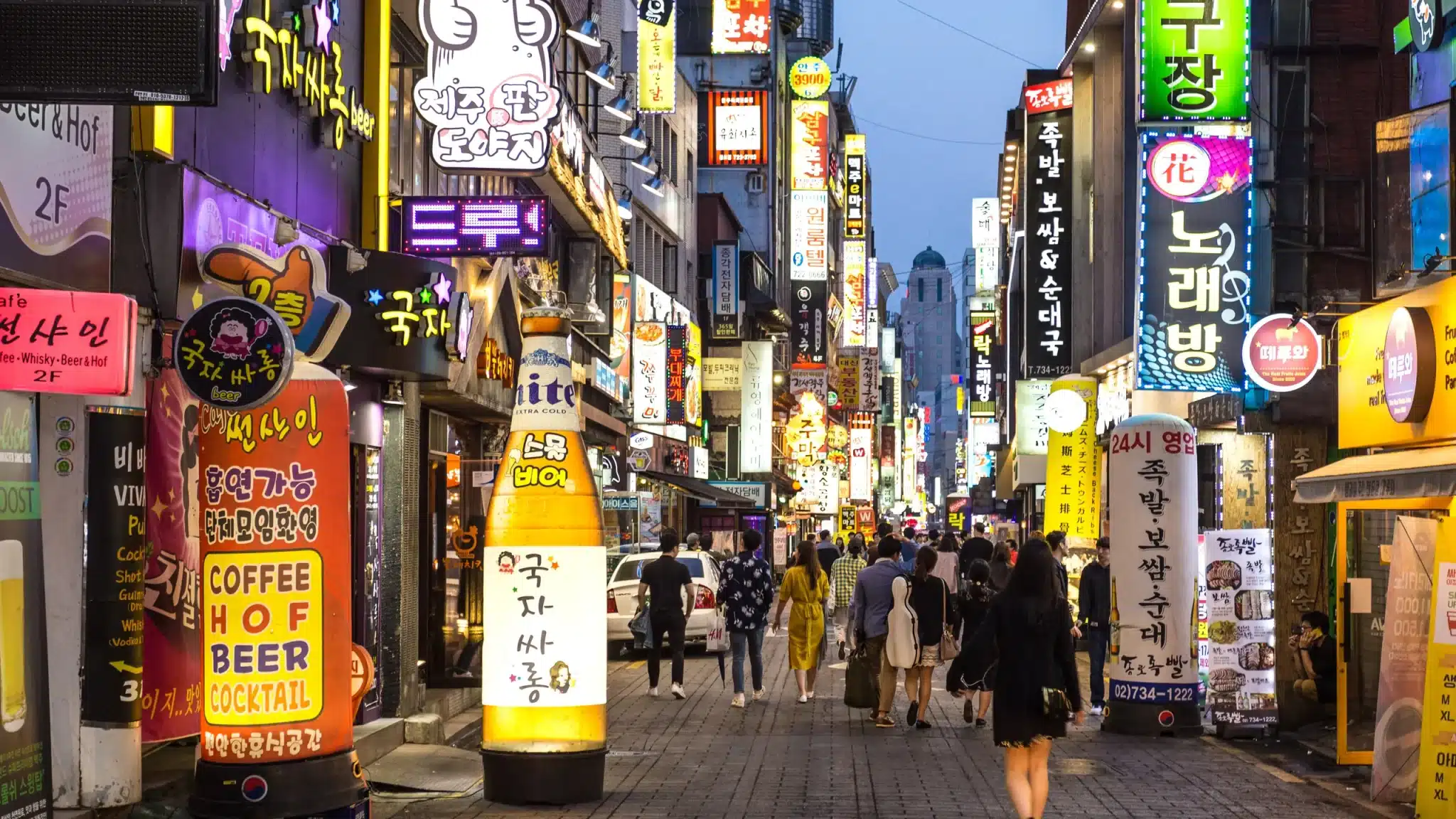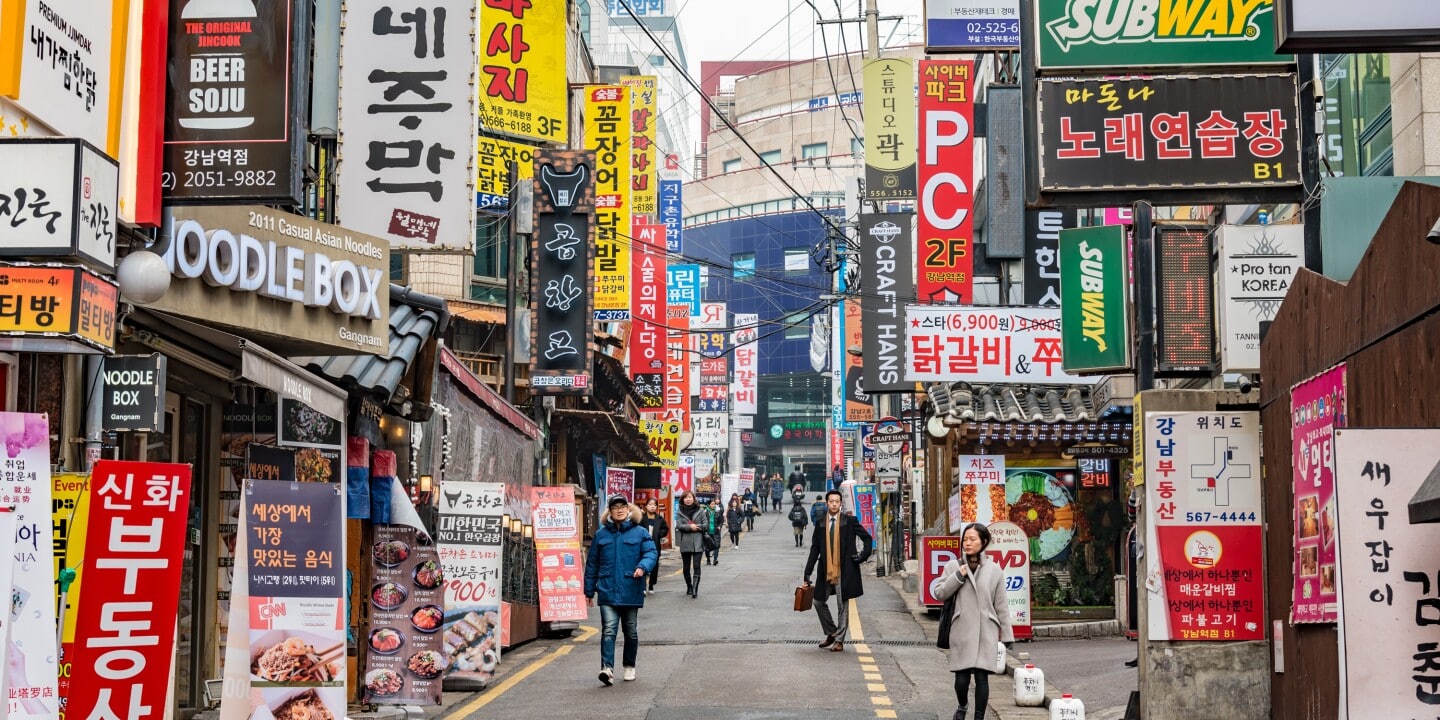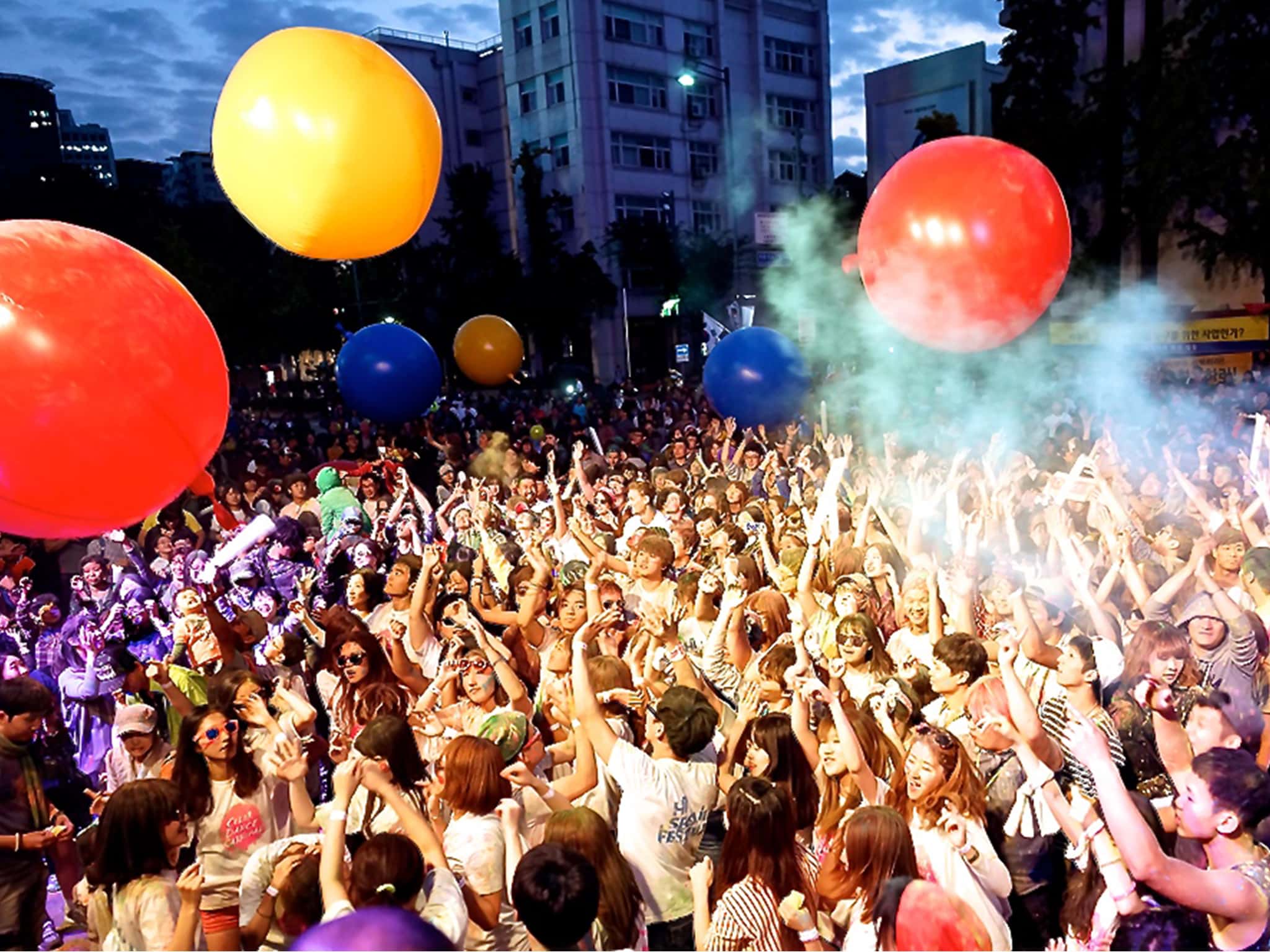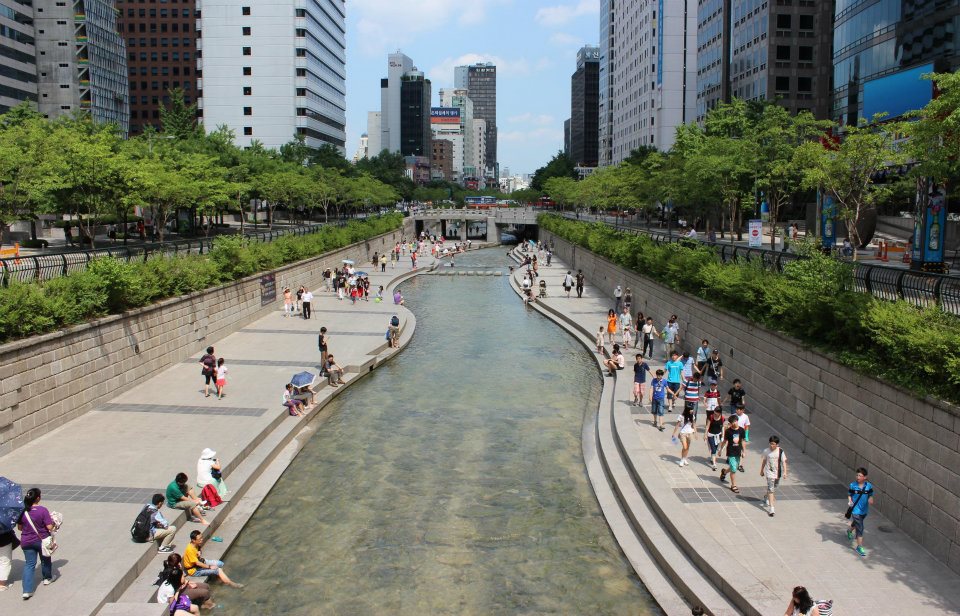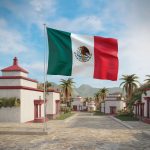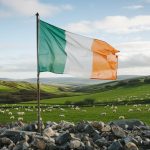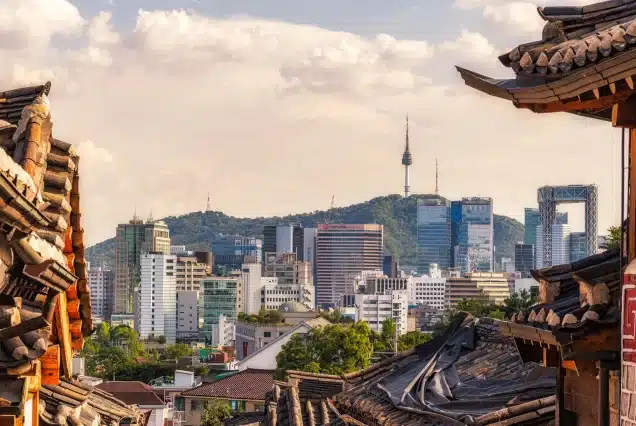

Discover South Korea
Sights
Map
Info
South Korea is one of Asia’s most dynamic and technologically advanced countries, known for its rich cultural heritage and modern lifestyle. When planning your trip, it’s important to be informed about visa and passport requirements, transportation and accommodation options, as well as dining and cultural practices. Additionally, practical tips about local cuisine, shopping, and language barriers will help ensure a smooth and enjoyable visit.
Visa and Passport Requirements
Visa-Free Travel: Citizens of many countries can visit South Korea without a visa for up to 90 days.
Passport Validity: Your passport must be valid for at least six months from your date of entry into South Korea.
K-ETA: Visa-free travelers must apply for the Korea Electronic Travel Authorization (K-ETA) online before arrival.
Transportation
Public Transport: Major cities like Seoul have extensive metro, bus, and taxi networks; public transport is fast and efficient.
Train: High-speed trains (KTX) are commonly used for intercity travel and are a convenient option.
Car Rentals: Renting a car is an option for exploring rural areas, though urban traffic and parking can be challenging.
Accommodation
Hotels: South Korea offers a wide range of hotels to suit any budget, from luxury to more economical options.
Hanok Stays: For a unique experience, stay in a traditional Korean house (hanok), which offers a glimpse into Korean culture.
Hostels and Guesthouses: Budget travelers can find affordable accommodations in hostels and guesthouses, especially in cities.
Dining
Local Dishes: Korean cuisine is famous for dishes like kimchi, bibimbap, and bulgogi.
Street Food: Street food is popular in cities like Seoul and Busan, where you can try treats like tteokbokki and hotteok.
Restaurants: You’ll also find restaurants offering a variety of international cuisines in major cities.
Cultural Considerations
Respect: Respect is a key value in South Korea; it’s important to show respect to elders and authority figures.
Dress Code: When visiting temples and sacred sites, modest dress is expected.
Dining Etiquette: Sharing food is common, and proper use of chopsticks is important in social settings.
Language
Korean: The official language is Korean; while English is commonly spoken in major cities, you may encounter language barriers in rural areas.
Translation Apps: Learning basic Korean phrases or using translation apps can help with communication.
Technology and Communication
Wi-Fi Access: Wi-Fi is widely available in South Korea, often for free in hotels, cafes, and public areas.
Local SIM Cards: Local SIM cards with affordable data plans are easy to obtain, making communication cost-effective.
Shopping and Payment
Credit Cards and Cash: Credit cards are widely accepted, but cash is preferred at street markets and smaller businesses.
Shopping Centers: Major cities like Seoul have modern shopping malls with a wide range of products from global brands to local goods.
Duty-Free Shopping: You can claim a VAT refund on certain purchases when leaving South Korea, which can be beneficial for larger buys.

